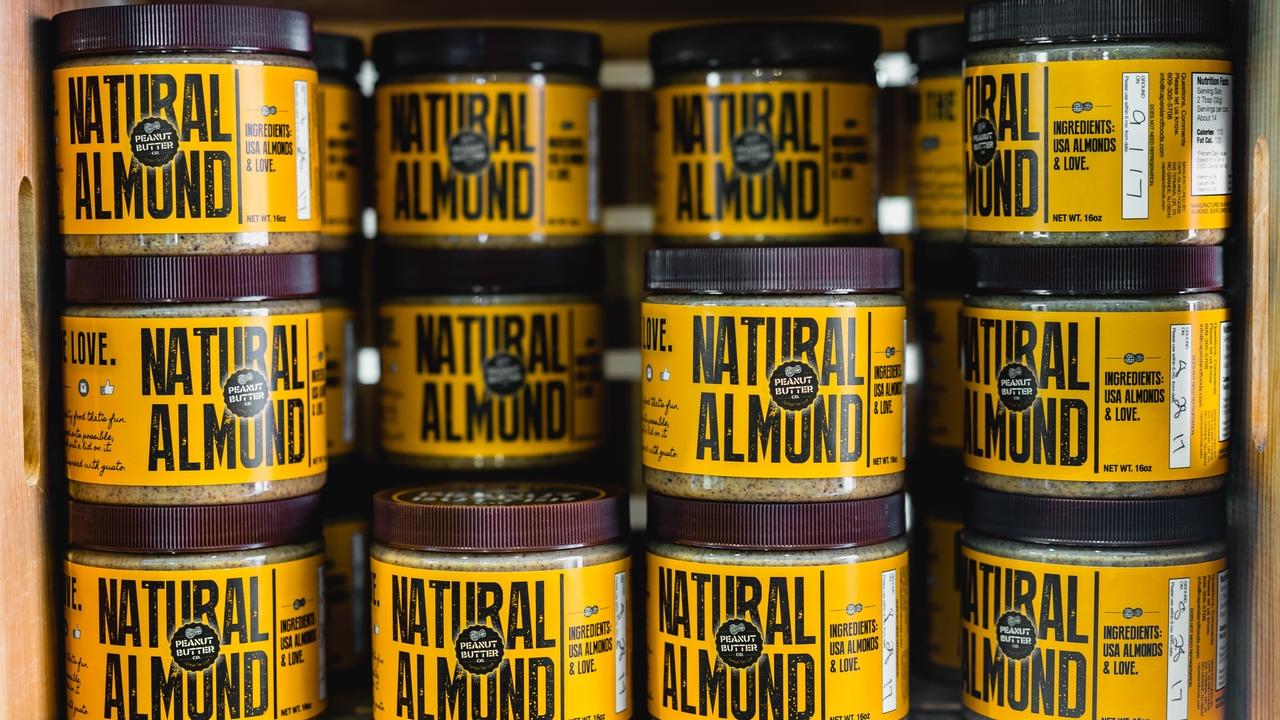When Can a Food Product Be Labeled as “Natural”?

If you’re creating a label for your food product which you intend to sell at farmers markets and specialty stores, you will naturally be inclined to include the word “natural” on it. After all, you’re not selling Frootios, Cheez Squiggles or anything else made in a factory; your products aren’t made from who-knows-what and designed to last an eon. Whether you’re making jams, cookies or pesto, your recipe likely has actual ingredients that anyone would recognize. Natural, right? Well, not so fast.
The word “natural” carries connotations of goodness and health. It holds itself in contrast to a food landscape of odd additives and unpronounceable preservatives. Go even deeper into the word’s associations, and to many people it harks back to an Eden of a pre-polluted Mother Earth. The word “natural” is a natural fit for any homemade-style food, which is why many small-scale food makers would want it associated with their brands. And from a strictly commercial perspective, consumers generally prefer natural products and are willing pay a premium for them.
One should bear in mind that “natural” is not synonymous with “organic.” The Food and Drug Administration (FDA) has yet to define “natural” as a marketing claim, but any food product labeled as organic must comply with the requirements of the Organic Foods Production Act of 1990, which is administered by the U.S. Department of Agriculture. In short, this means that organic ingredients must be grown on land free of certain pesticides, and for meat products, animals cannot be given growth hormones. While there are many other requirements under the law, for a food product to be advertised as “organic” or “made with organic ingredients,” its producer must be a licensed organic manufacturer and comply with the strict organic program rules. A segment of consumers might not know there’s a difference between organic and natural, but legislators, food lawyers and the courts do. Using “organic” when not appropriate to can get you into trouble.
But if you’re not looking to make an organic claim about your food product, the answer is simple: don’t use the word “organic.” Simple, right? And since “natural” doesn’t currently have a legal definition, that means that you can use it on your label instead. Well, not quite.
Seeking a definition for “natural”
Businesses are routinely sued for making “natural” claims when plaintiffs assert that the claims are unwarranted. In 2016, Whole Foods agreed to settle two class-action lawsuits about “all natural” bread, and in October 2018 a suit was announced against the parent company of LaCroix beverages stating that claims of “all natural” and “100% natural” associated with their beverages were false and misleading.
Why so much controversy over what constitutes “natural”? Well, the fact is that certain ingredients may in some cases be healthful and in others poisonous, sometimes derived from natural sources or synthetic sources. For example, the LaCroix suit charges that the drink contains linalool, which is used in cockroach insecticide. Yuck. But linalool is also found in many plants and is frequently used in flavoring. Citric acid, a common preservative, can be chemically manufactured in a lab, but it can also be extracted from citrus plants. It’s the same chemical compound either way, but it once case it’s considered “natural” and in the other it’s not.
The FDA was actually tasked to define “natural” by the Food Safety and Modernization Act of 2011. Although it’s been many years since this mandate, the agency has still failed to provide a definition, leaving many food makers’ claims in limbo. Nevertheless, the FDA has issued guidelines for the use of “natural” which includes “nothing artificial or synthetic is included in, or has been added to, the product that would not be expected to be there.” Also, “natural” products should have no genetically modified ingredients (i.e., non-GMO).
As discussed above, the absence of clear definition doesn’t mean companies haven’t been challenged on their “natural” claims. Courts at the state and federal level are often tasked with filling this gap; however, the results vary from one jurisdiction to the next. The food industry is certainly hungry from some clarity on the issue. Meanwhile, there is no word on when the FDA will finally make a ruling.
Include “natural” on your label?
So, to get back to the issue at hand, should you be making a “natural” claim on a label for your food product?
Of course, it depends on your product. But just because you think it’s natural, that doesn’t mean it really is–at least not in a legal sense. If you plan to make an “all natural” claim, you must make sure you have a real understanding of all the ingredients in the product.
Maybe your product uses vanilla extract, for example. Where does that vanilla extract come from? How is it manufactured? Is it certified organic, completely synthetic or something else?
If you decide you do want to make an “all natural” claim, we’d recommend enlisting the services of a food lawyer, a food scientist or a competent researcher before doing so. On the other hand, if you are in doubt and don’t want to go to outside help, don’t make the claim. The benefits the claim adds to your brand could very well be outweighed by the headaches you’ll get from finding yourself on the wrong side of a lawsuit or an aggressive state regulator.
Stay connected with news and updates!
Join our mailing list to receive the latest news and updates from our team.
Don't worry, your information will not be shared.

